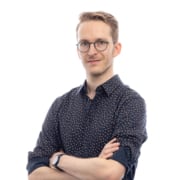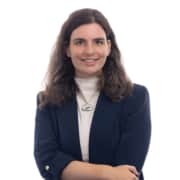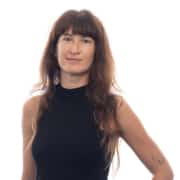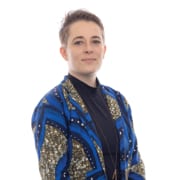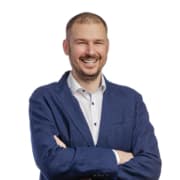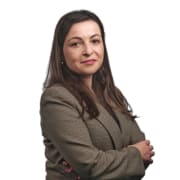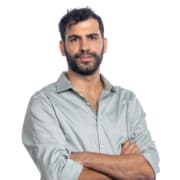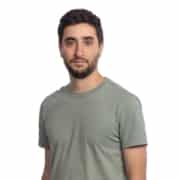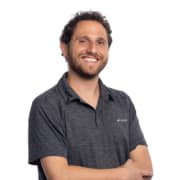Dr. Rebekka Lambrecht is a molecular biologist and postdoctoral researcher. Her research investigates how gut bacteria affect portal hypertension—a serious condition characterized by high blood pressure in the veins between the intestine and the liver. This condition often arises from chronic liver diseases, such as those linked to unhealthy diets. Rebekka discovered that mice without gut bacteria do not develop portal hypertension, and she is currently working to identify the specific bacteria, cell types, metabolites, and processes involved. Her goal is to find new bacteria-based therapies for this life-threatening condition.
Rebekka’s goal is to find new bacteria-based therapies for portal hypertension.
Rebekka earned her BSc, MSc, and PhD in biological sciences from the University of Konstanz. While there, she volunteered as PhD student representative and initiated the tradition of an annual poster session. Originally from Freiburg, Germany, she now lives in Rehovot. In her free time, she enjoys cooking with friends, hiking, going to the gym, and Pilates.

